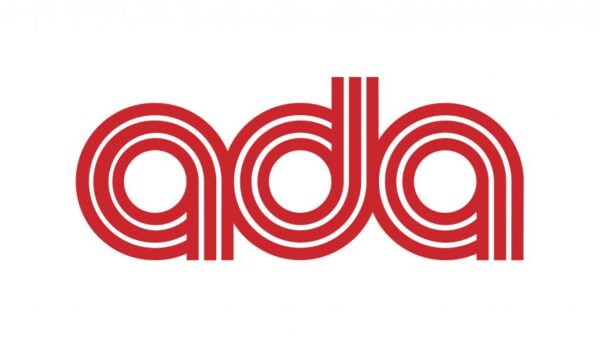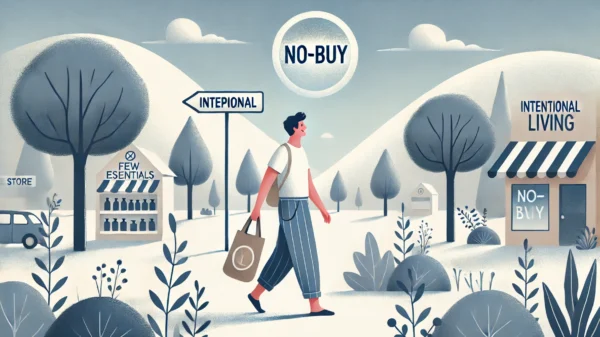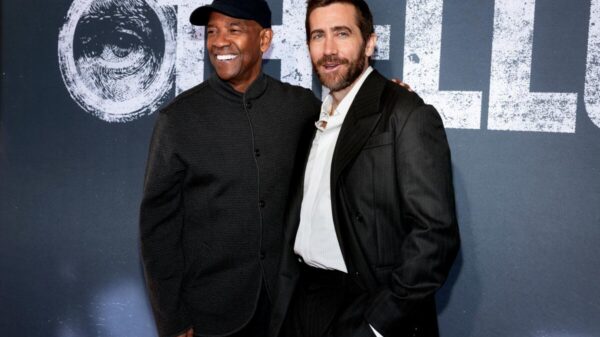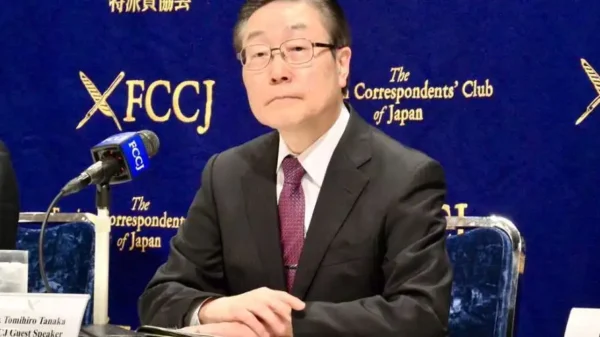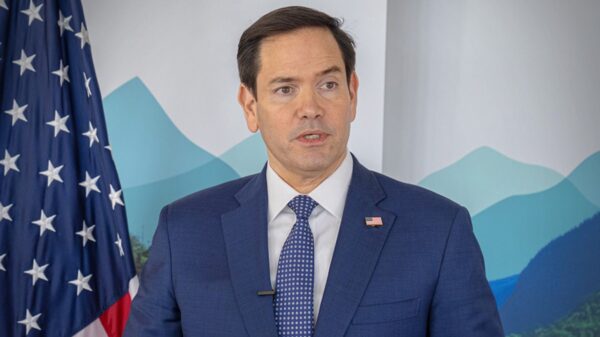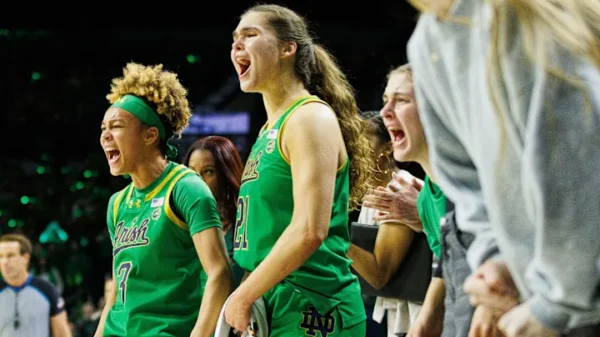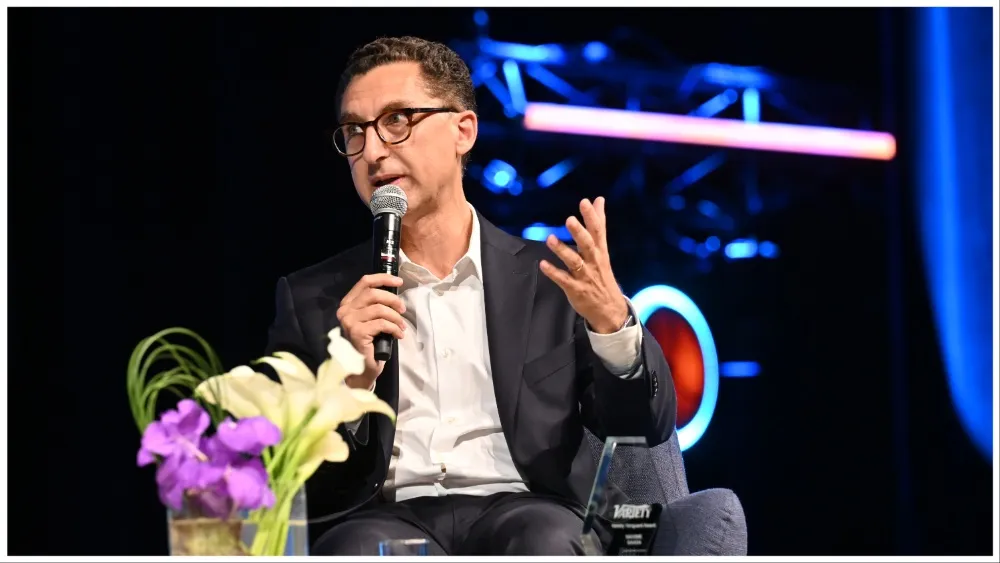Maxime Saada, the chairman and CEO of Canal+ Group, was honored with the Variety Vanguard Award at Mipcom. During the award presentation, Saada shared insights into Canal+’s strategy, emphasizing their focus on aggregation and in-house production, as well as expressing concerns about Amazon and YouTube.
Saada highlighted Canal+’s turbulent history, including near-death experiences and key moments of crisis, which have significantly influenced their actions and long-term survival instincts. He mentioned that the company faced critical cost reductions, reduced subscription fees, and expanded overseas. These challenges and the need for survival have made Canal+ stronger.
The loss of French soccer rights in 2018 was another turning point, prompting Canal+ to diversify its content offerings and reduce dependencies. Saada’s approach included collaborating with Hollywood studios and even Netflix. He realized that reducing dependencies was vital, leading to content aggregation. Canal+ began integrating platforms like Netflix, Disney+, Paramount+, and Apple TV+ into its offerings.
Saada credited Netflix for showing the industry the path to transforming businesses. He viewed Netflix as an ally, as both companies aimed to persuade people to pay for content. He also learned from Netflix’s success in the U.S., including binge-watching and the release of entire seasons at once, which Canal+ implemented in France.
Saada discussed Canal+’s expansion into French-speaking Africa, capitalizing on the growing middle-class population. The company has attracted over 8 million subscribers in the region, seeing it as a significant opportunity for future growth. Saada also identified Africa as a fertile ground for their production and distribution division, Studiocanal, with untold stories and the potential to empower local voices.
Canal+ invests heavily in content, spending 3.5 billion euros on acquisitions annually, with Studiocanal accounting for less than 10% of that budget. Reducing dependence on third-party content and increasing in-house production is a key challenge for Canal+. However, they remain open to selling their content to third parties, considering their competitors as potential partners.
Saada expressed concerns about Amazon and YouTube, acknowledging their size and efficiency as potential threats to Canal+ due to their different core businesses.
In summary, Maxime Saada’s insights shed light on Canal+’s journey, strategies, and its commitment to adapt and thrive in a rapidly changing media landscape while keeping an eye on formidable competitors.


